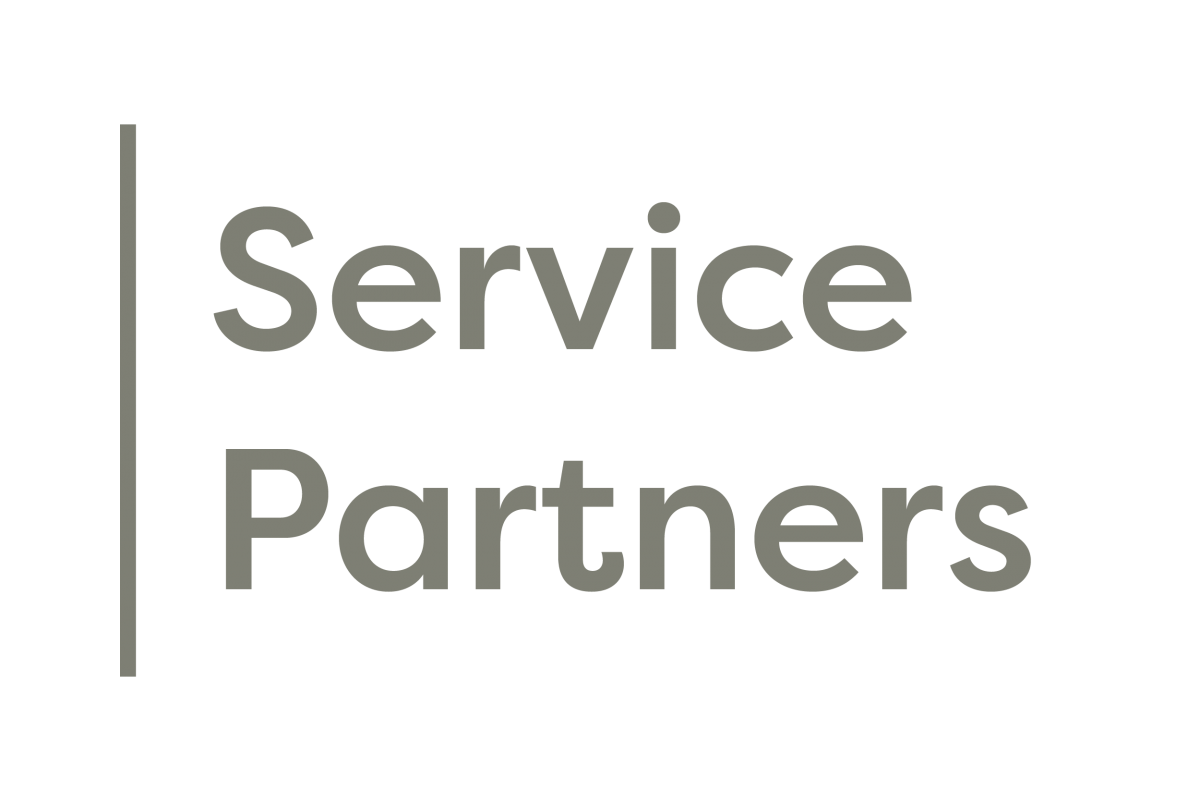Jason Rolfe, 2017 Nuffield Scholar
Travelling around the world as part of my Nuffield experience it was clear that the other dairy producing countries hold New Zealand as world leaders in pasture fed milk production which is something we pride ourselves on. However, we can’t become complacent and as I have identified there are areas that we need to improve. One of these areas for is our on-farm leadership, particularly when it concerns our interactions with employees and how we motivate and keep them engaged.
A large number of New Zealand on-farm leaders have got to their position of leadership through long hours working on farms or up through the sharemilking system then, purchasing a farm or taking over the family farm. Often they have had no formal training around leadership styles that get the best results out of their staff or any experience managing a team prior to this.
There is also an expectation that staff will work as many hours as they did, despite not having a financial interest in the business or the same goal of one day owning a farm. Many of the next generation have a lot more opportunities as careers available to them and don’t see the current structure as a worthy career.
Research has shown that many New Zealand farm workers average between 60-80 hours a week and the most common roster is having 12 days’ work before two days off. It is no wonder that nearly 1 in 3 employees is leaving their jobs each year in the sector compared to 1 in 7 employees across most other industries (source: Statistics NZ).
Many of the farms I visited overseas had more employees per number of cows, each working on average 40-45 hours per week. Some of this was driven by legislation. This had not always led to increased wage cost as staff were paid for the time they were working and the overall number of hours worked by the entire team in a week was similar to a NZ system during the calving period.
“I found also that staff were more productive as they were rested, more engaged in their job, and had a work-life balance. With larger teams also came a fantastic culture within the business, morale seemed high and they had very low to average staff turnover. “
There were also businesses that were using their employment record and practices as branding on their products with slogans like ‘employer of choice’ and ‘great employer certified’ attracting a premium locally.
Dairy NZ’s recently launched strategy includes building a great workplace for our talented workforce. The goals relate to attracting talent and getting employment best practice standards across the industry. This is a great start and having goals in place will make this measurable.
However, we need to take this further and really focus on providing leadership training on farm for managers and owners. This training shouldn’t be aimed at meeting legislation minimum standards but more at the individuals own leadership styles, so they can make changes to their own behaviour. Research shows that higher engaged work forces are more productive and create more value making fewer mistakes, which at the end of the day is most producers’ goal.
Much emphasis gets put onto the environmental issues or animal welfare concerns when it comes to the dairy industry as it directly relates to our social licence to farm in New Zealand and the perceived value in our products globally.
However, many global brands have their reputation as a good employer ranked just as high a priority, as getting this wrong often does more brand damage as consumers can relate more directly to the human element. Recent examples of this are big brands like Adidas and their customer fight back around illegal and underage labour.
We don’t want to just be an industry that is proud to be meeting employment legislation standards with good on farm conditions. Let’s be leading employment standards globally and be the recognised employer of choice for someone looking for a new career.


























